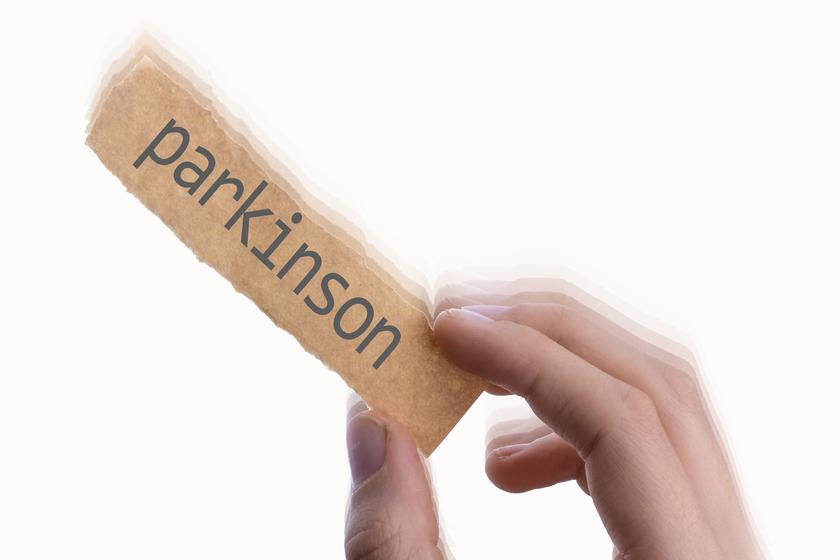Parkinson’s is the second-most neurodegenerative disease in the US. You might observe signs of Parkinson’s disease in your parents, such as hand tremors, an expressionless face, slow speech, and lack of balance. Your loved one is experiencing a dopamine deficiency. The substantia nigra, a region of the brain responsible for producing dopamine, deteriorates over time in people with Parkinson’s disease.
What causes the substantia nigra to degenerate is unknown to scientists. A number of theories about what causes Parkinson’s have been put forth by specialists as the disease’s prevalence has increased, including air pollution, exposure to pesticides, and exposure to heavy metals. Although age is a danger factor, only 1% of people over 65 get the illness.
If your parents are diagnosed with Parkinson’s disease, it is crucial that you have a comprehensive understanding of what it is all about and how to deal with it.
Understand the Parkinson’s Disease Early Symptoms
Parkinson’s disease is a degenerative condition of the nervous system that impairs movement. It has an impact on how the body moves. While the body loses its capacity to function and the symptoms gradually get worse, the mind usually remains sharp.
Early indications of the illness include:
- Hand tremors
- Stiff posture
- Rigid muscles
- Slow speech
- Loss of balance
Parkinson’s: Making Progress Following a Diagnosis
Here are some initial actions to consider if your parents are diagnosed with Parkinson’s or related memory disorder:
Consult a Memory Disorders Specialist
The best place to begin is by seeking the advice of an expert in memory disorders so that your parents’ condition can be assessed. There may be medications that can help. They may even guide you to a memory care that can provide long-term assistance.
Consider the Aggravating Circumstances
Memory issues may be aggravated or even caused by Parkinson’s symptoms, drug side effects, fatigue, pain, headaches, sleep issues, sadness, or anxiety. Take them into consideration while consulting a specialist.
Think of Practical Daily Life Improvements
There are often changes that professionals can make that significantly improve cognition, memory, and focus. The obvious one is exercise, but even going outside and having a walk on a nice day is beneficial. A variety of mental activities, including some that you actually enjoy doing, are also beneficial. This goes beyond simply carrying out household or office tasks. Avoid smoking, and think about reducing alcohol intake because it can impair thinking and memory.
Maintaining a Healthy Lifestyle
Memory can be affected by conditions like diabetes, hypertension, and cholesterol because they all have a direct effect on brain health. In general, follow up with your parents’ physician or specialist on a routine basis to make sure that they are in good health both physically and mentally.
You Play a Vital Role in Your Parents’ Parkinson’s Care
It’s difficult to see our parents struggle in any manner possible as they age. It can be challenging to know how to assist. One of the best things you can do for your parents is to seek expert assistance with Parkinson’s care from a retirement community. It’s also among the best methods to get the help you require in your role as their caregiver.






